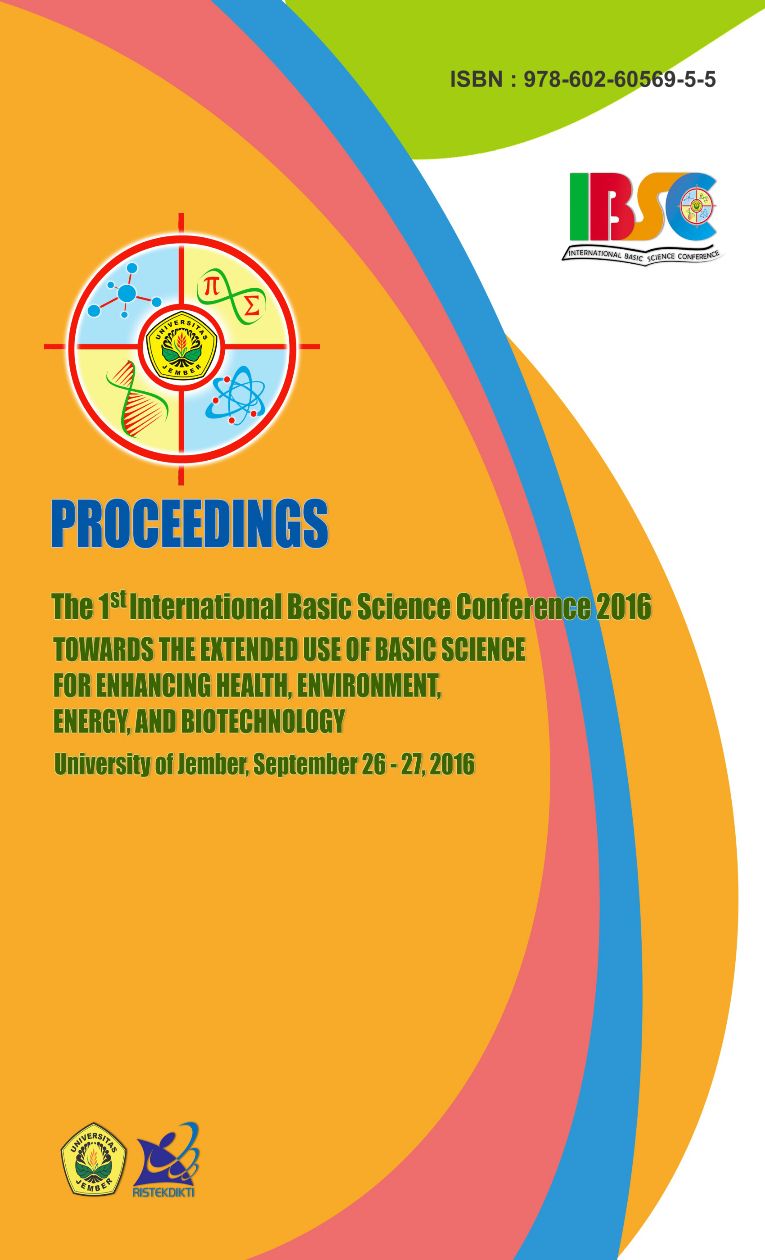MICROSTRUCTURE AND MECHANICAL PROPERTIES OF DISSIMILAR JOINT OF COLD ROLLED STEEL SHEETS 1.8 SPCC-SD AND NUT WELD M6 BY SPOT WELDING
Abstract
Resistance spot welding is one of welding methods which is most widely used especially in the medical equipment industry. Unfortunately, interfacial fracture and pullout fracture often occur. The aim of this research is to find optimum current and time of resistance spot welding process for the best micro structure and mechanical properties. This research combined two spot welding parameters of cold rolled steel sheets1.8 SPCC-SD and nut weld M6: current (49, 52, 55, 58, 61 Ampere) and time (14, 17, 20, 23, 26 cycle). Optical microscopic, Scanning Electron Microscope (SEM) and X-Ray Diffraction (XRD) were used to examine weld zone, heat affected zone (HAZ) and parent metal microstructure. The mechanical properties were investigated using universal tensile test and Vickers micro hardness. It was found that the lowest current and cycle result incomplete joining, while the higher current and cycle increase tensile strength and hardness. The micro structures tend to be ferritic with acicular, grain boundary and widmanstaten ferrite on the weld zone for all parameters. The best microstructure and mechanical properties occur at 14 cycle and 61 A of parameters combination.
Downloads
Download data is not yet available.
Downloads
Published
2017-08-08
Issue
Section
General


